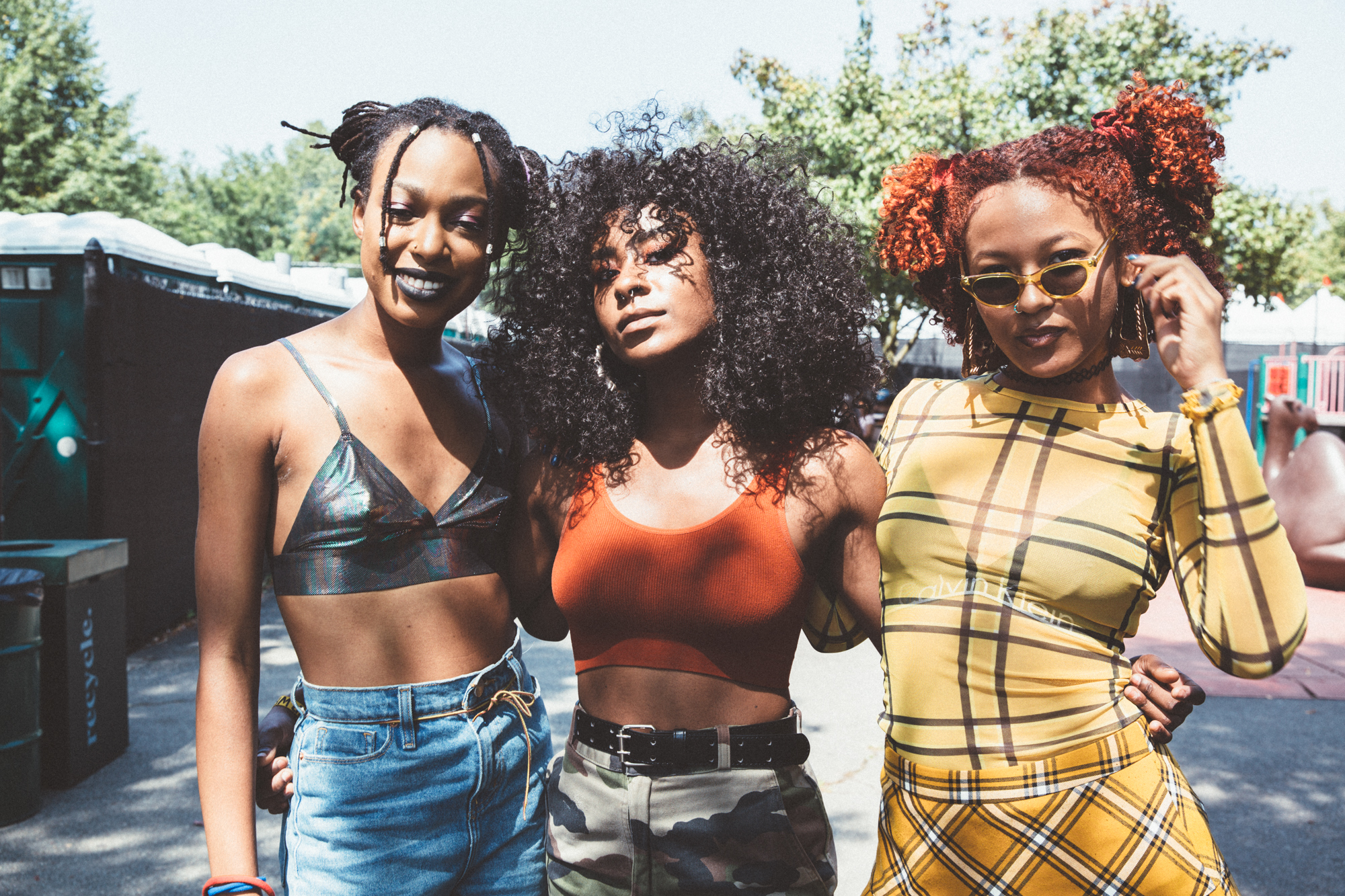The History Of Afro-Punk
Share

Written by CM Lucas
Rise Of The Black Punk Movement

During the early 70s, within the world of rock’s grimy underbelly rose a venom spewing, fast-paced sound dubbed Punk. Punk’s punchy, raw sound broke through into music’s mainstream and has since been the soundtrack for social change and a vocal mirror for the plight of the disillusioned working class. Among these brash individuals was a subset of African Americans that were drawn to the anarchic and expressive lifestyle ushered in by Punk Rock.
Afro-Punk finds its roots in Philadelphia, PA during the mid-70s with the formation of Pure Hell. Pure Hell would make the pilgrimage to CBGB’s in New York and become influential members of the burgeoning Punk scene and while bands such as Rock Fire Funk Express and Death would lay the foundation, It was Pure Hell that would establish itself as the first true all-black Punk band. As Punk continued to become a major force and established subgenre in Rock, more African American bands would rise in the vein of Pure Hell. Bad Brains, Poly Styrene (of X-Ray Spex), among others would wave the tattered, soiled flag of Punk on stage and wave it wildly as they screeched and ripped during their short, punchy sets.
Afro-Punk: A Celebration Of Black Punk Culture
As Punk began to cool down and the music industry opened its arms to embrace the latest fad, the culture of black punk was on the look-out for a vehicle to celebrate its eccentric vibe and raw energy. AfroPunk, developed by James Spooner and Mathew Morgan in 2005, was created as an exhibition of all things black Punk culture and to embody the hard-hitting, individually as well as free spirit of the African American Punk lifestyle.
Punk culture is in many ways a reflection of black culture as a whole. African American youth have always been drawn to counter-culture, seemingly being shunned from the mainstream for the most part. Since the birth of the United States, BIPOC have searched for their place within the very society they had a hand in creating. And Punk was but one of a handful of subcultures that not only allowed black youth a voice to convey their pent-up aggression and dissatisfaction with the society in which they lived, but they could rip open the mainstream’s ears while doing it.


